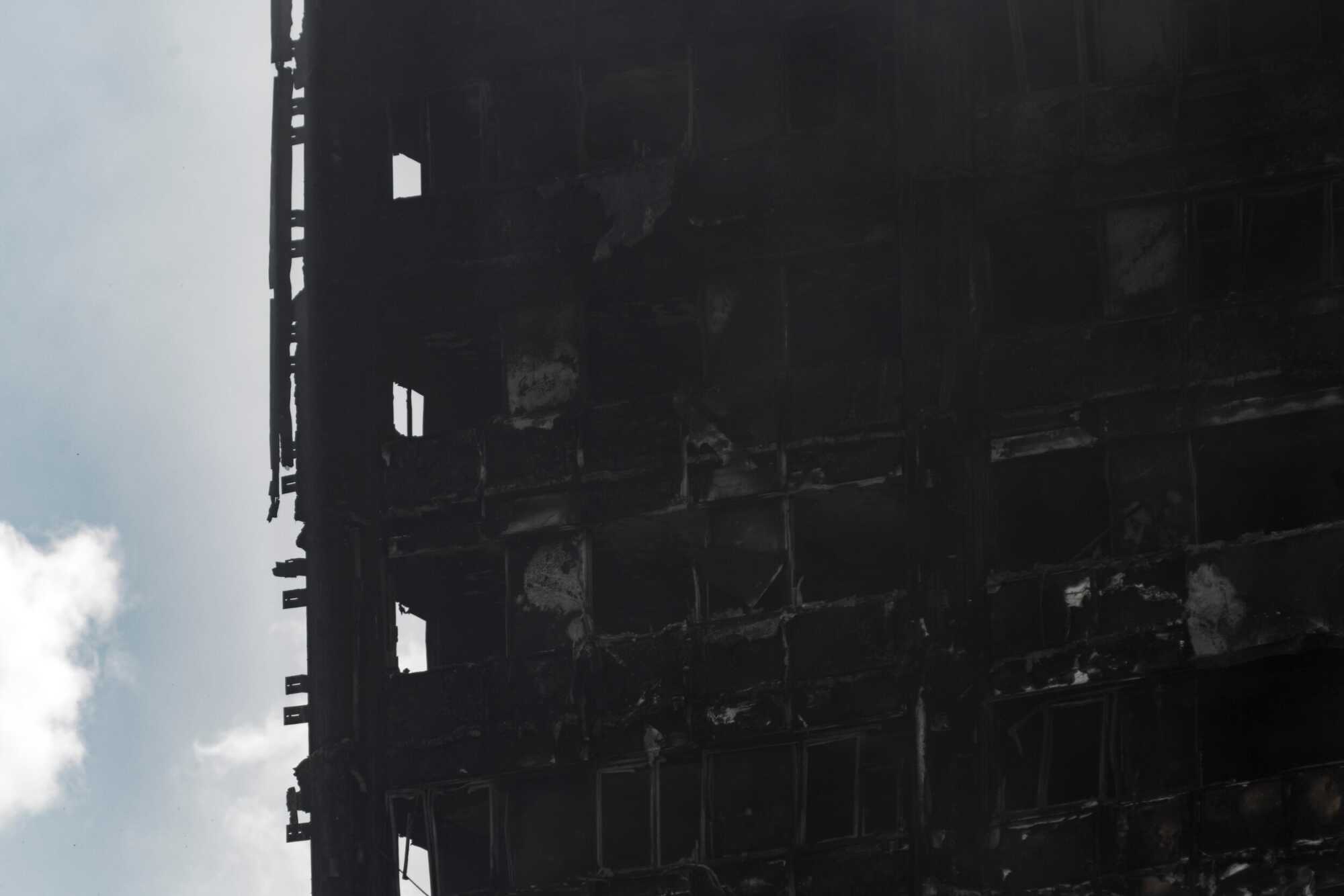Government ban on combustible materials for high-rise residential homes
10th January 2019
Get in touch today
Call 01435 897297
Email info@kdllaw.com
10th January 2019

Over six months after Dame Judith Hackitt concluded her review on Building Regulations and Fire Safety in the wake of the Grenfell Tower tragedy, Regulations have been introduced by the Government to ban combustible cladding for certain high-rise residential buildings.
What premises do the Regulations apply to?
The Building (Amendments) Regulations 2018 (“the Regulations”) came into force on 21 December 2018 and will apply to any new building over 18 meters in height which contains flats, new hospitals, residential care premises, dormitories in boarding schools and student accommodation. Whilst Dame Hackitt’s review had made recommendations to apply to buildings with 10 or more storeys (broadly around 30 metres), the Regulations have a broader application, presumably to include buildings often less than 10 storeys that may house vulnerable people.
The ban applies to new building work and also existing buildings going through a change of use to become a building falling within the affected categories. Subsequently, office buildings being converted to apartments will also have to comply with this requirement.
The Regulations do not apply where a building notice or an initial notice has been given to, or full plans deposited with, a local council before 21 December 2018 and either the building work to which it relates has started before that day, or is started within two months from that day.
What materials are banned?
The Regulations require that all materials which become part of an external wall or specified attachment must achieve European fire rating Class A2-s1 (both limited combustibility) or Class A1 (non-combustible). This includes balconies, sun shadings and solar panels attached to an external wall.
Any other materials will not be permitted, although the Regulations do include a list of exempted items for which there are currently no non-combustible alternatives. Full details can be found on the Government’s website via https://www.gov.uk/guidance/ban-on-combustible-materials.
The future
The Government has said that it is taking action to speed up the replacement of unsafe ACM (Aluminum Composite Material) cladding, like the type used on Grenfell Tower.
It has said that it is giving its full backing and support to local authorities to carry out emergency work to remove and replace unsafe ACM cladding, including financial support if necessary, on affected private residential buildings. They will then recover the costs from building owners. Our previous Legal Update circulated in April 2018 titled “Replacement of flammable cladding - who bears the cost of fire safety?” considered the costs implications for landlords and leaseholders faced with remedial works for the removal of unsafe cladding.
The government is already fully funding the replacement of unsafe ACM cladding on social sector buildings above 18 metres.
According to the Ministry of Housing, Communities and Local Government, as at October 2018 there were 457 high-rise (e.g. over 18 meters) residential buildings and publicly-owned buildings in England that were identified with ACM cladding systems unlikely to meet current Building Regulation guidance.
Of these 457 buildings, 47 were said to have finished remediation works, including receiving sign-off from Building Control where necessary. It was said that there remained 24 private sector residential buildings where the claddings status was still to be confirmed.
It is hoped that the Regulations, together with the Secretary of State for Communities James Brokenshire’s commitment to the creation of a stronger and more effective regulatory framework to improve building safety and to implement the recommendations made by Dame Hackitt, will ensure that more residential buildings are made permanently safe without delay and the tragic events of Grenfell Tower are never repeated.
For more information, please contact Susan Fox, Senior Litigation Executive, on 01435 897297 or susan.fox@kdllaw.com.
Disclaimer
This legal update is provided free of charge for information purposes only; it does not constitute legal advice and should not be relied on as such. No responsibility for the accuracy and/or correctness of the information and commentary set out in the article, or for any consequences of relying on it, is assumed or accepted by any member of KDL Law or by KDL Law as a whole.
If you have received this update in error or wish to unsubscribe from future updates then please email us at info@kdllaw.com.
Sign up to receive FREE regular Legal Updates by email